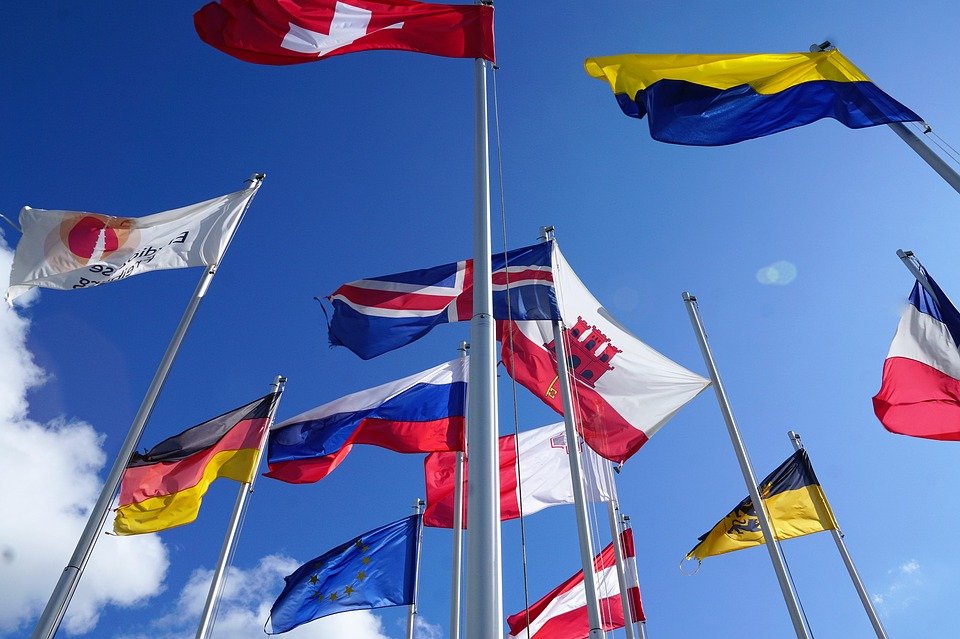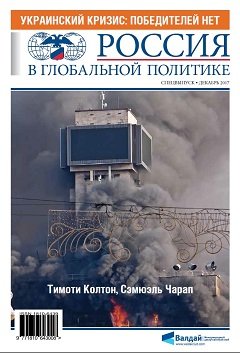(Carnegie Moscow Center) (Co-authored with S. Secrieru) The surge of third powers in the post-Soviet space is propelled by the twin engines of rising demand for alternatives to Russia and the West, and growing supply of new ambitious economic and political regional players. The overall effect of these trends is to offer most post-Soviet states an increasing array of foreign, economic, and political options, and a wider and more stable foundation for much-coveted multi-vectoral foreign policies in which they can more often say no, if they want to—to both Moscow and Western capitals.
Much ink has been spilled during the last couple of decades on describing and assessing the multiple facets of competition between Russia and the West in the post-Soviet space. This competition matters, but it is no longer the only geopolitical dynamic of significance. While the EU, the United States, and Russia have been busy inflaming or trying to avoid tensions in the region, few have paid attention to the silent and gradual rise of third powers. Although none of them are likely to match Russian, European, or American influence in the region, when taken together they significantly dilute both Russia’s former political, economic, and security dominance in the region, and the dyadic influence that Russia and the West exercise in the region.
Together with several colleagues, we recently conducted an audit of how China, Turkey, Iran, Israel, and the Arab states approach and deal with Belarus, Ukraine, Moldova, Georgia, Armenia, and Azerbaijan. Some of the figures that emerged from this inventory are quite striking. […]
Read More © Carnegie Moscow Center











